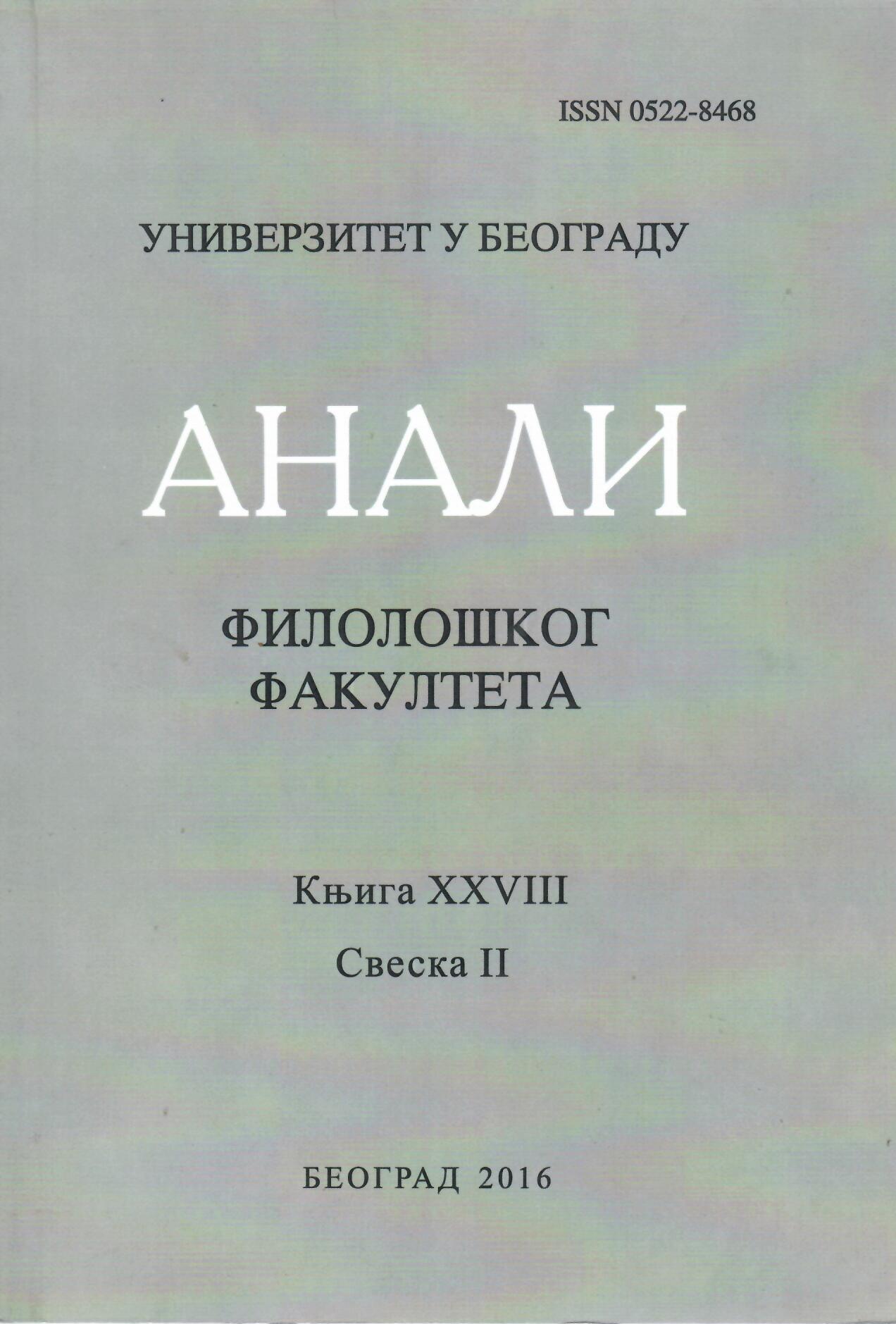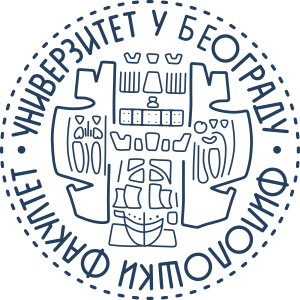Language as a Cultural Identity
A Case of Russian in Lithuania
DOI:
https://doi.org/10.18485/analiff.2016.28.2.16Keywords:
cultural identity, Russian, LithuaniaAbstract
Language contacts have significant impacts on historical changes of languages, and this process is known as replication (cf. Heine and Kuteva 2005, 2006). However, replication often refers to one specific subtype of contact-induced language change, i.e. an assimilating type that can form areal features. On the contrary to the assimilation, another type, termed here a diversifying type, amplifies differences among languages in contacts. In this article, we analyse these two opposing types in the context of the Baltic languages, especially Russian and Lithuanian. The diversifying type normally exhibits complex areal features and it also often involves various issues of social identity.
Downloads
Published
How to Cite
Issue
Section
License

This work is licensed under a Creative Commons Attribution-ShareAlike 4.0 International License.
Authors who publish with this journal agree to the following terms:
- Authors are confirming that they are the authors of the submitting article, which will be published (print and online) in the journal Anali filološkog fakulteta by the Faculty of Philology, University of Belgrade (Faculty of Philology, Studentski trg 3, 11000 Belgrade, Serbia). Author’s name will be evident in the printed article in the journal. All decisions regarding layout and distribution of the work are in hands of the publisher.
- Authors guarantee that the work is their own original creation and does not infringe any statutory or common-law copyright or any proprietary right of any third party. In case of claims by third parties, authors commit their self to defend the interests of the publisher, and shall cover any potential costs.
- Authors retain copyright and grant the journal right of first publication with the work simultaneously licensed under a Creative Commons Attribution-ShareAlike 4.0 International License that allows others to share the work with an acknowledgement of the work's authorship and initial publication in this journal.
- Authors are able to enter into separate, additional contractual arrangements for the non-exclusive distribution of the journal's published version of the work (e.g., post it to an institutional repository or publish it in a book), with an acknowledgement of its initial publication in this journal.
- Authors are permitted and encouraged to post their work online (e.g., in institutional repositories or on their website) prior to and during the submission process, as it can lead to productive exchanges, as well as earlier and greater citation of published work.





